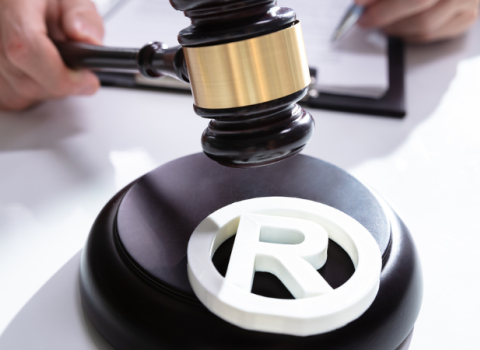The European Parliament gave its approval for a common European patent, allowing the system to move ahead despite objections from Italy and Spain
Never miss an update from Science|Business: Newsletter sign-up





 A unique international forum for public research organisations and companies to connect their external engagement with strategic interests around their R&D system.
A unique international forum for public research organisations and companies to connect their external engagement with strategic interests around their R&D system.